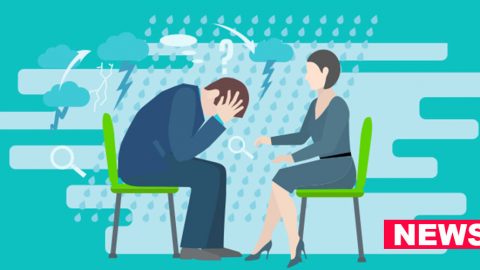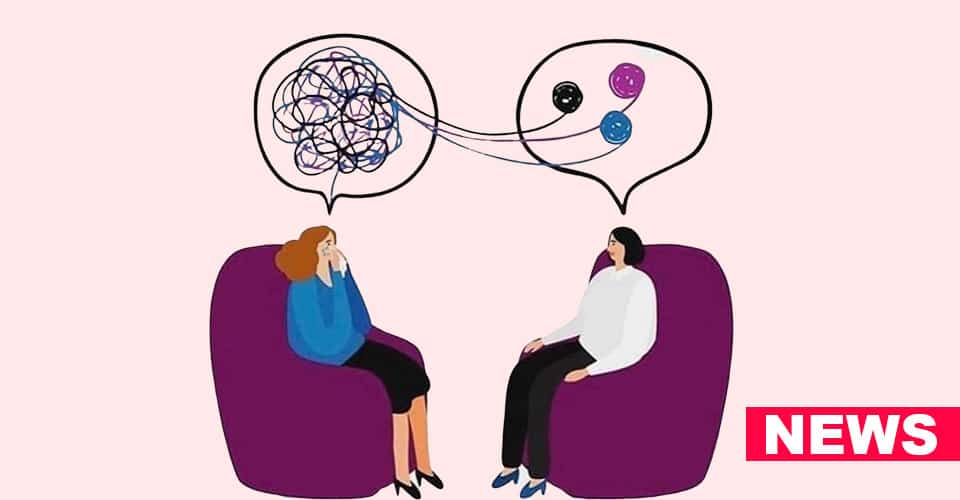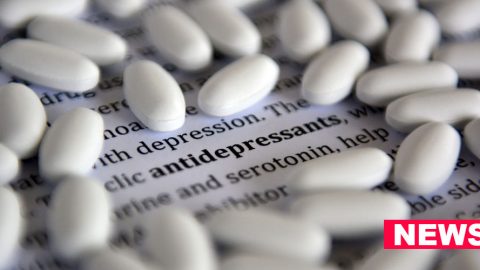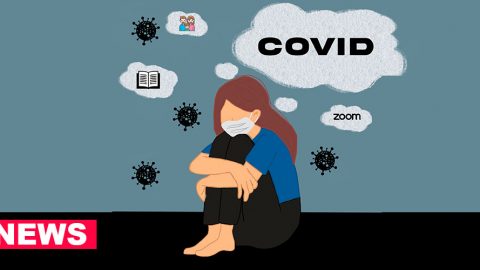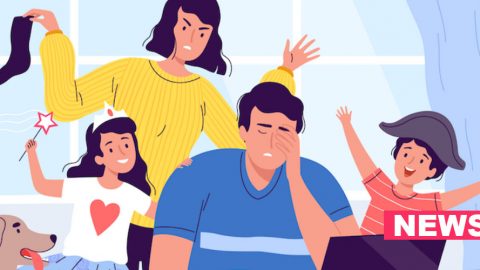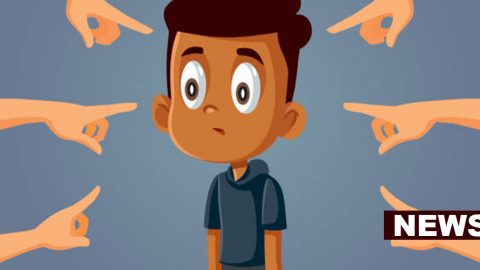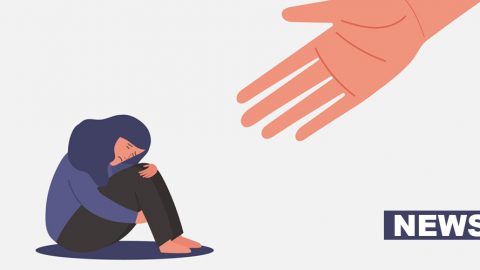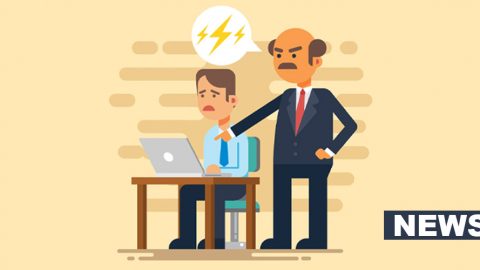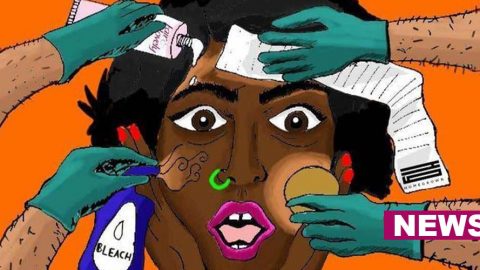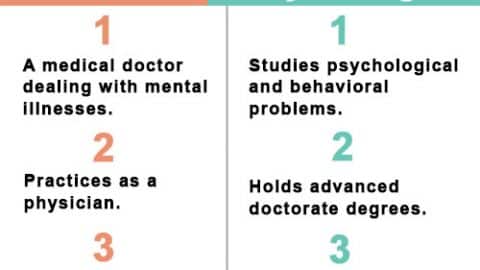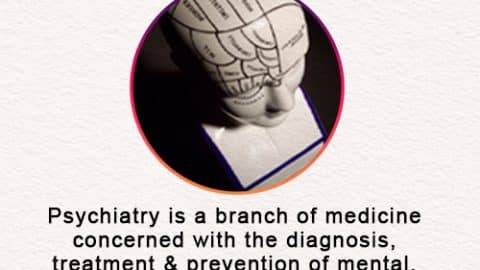- India’s Mental Health Care Act (MHCA) decriminalizes suicide, mandating the protection of individuals’ rights who attempt suicide.
- The act also provides for the establishment of a National Suicide Prevention Strategy (NSPS) to reduce suicide mortality by 10% by 2030.
Poor Mental Health And Suicide In India
Recent research shows that diagnosed, untreated, and mistreated mental disorders account for 88% of suicides in India. In the last two decades, especially after the COVID-19 pandemic, the suicide rate has increased from 7.9% to 10.3%.
This unfortunate increase has been attributed to a number of factors, namely, poor mental health, financial insecurity, interpersonal issues, etc.
It is also found that higher incidences of suicide are associated with adolescents, young adults, and the elderly. Moreover, suicide ideation and execution are more prevalent in Indian women than men.
Suicide And India’s Mental Health Care Act
India’s Mental Health Care Act (MHCA) of 2017 is the first of its kind to decriminalize suicide, mandating the protection of the rights of individuals who attempt suicide and ensuring that they are not subjected to any kind of discrimination.
Instead of being tried and punished for the attempt, suicidal individuals are offered mental health care services and opportunities for rehabilitation by government bodies. The act also recognizes suicide prevention as an essential part of mental health care.
India’s National Suicide Prevention Strategy (NSPS)
The MHCA provides for the establishment of a National Suicide Prevention Strategy (NSPS) with the goal of reducing suicide mortality in the country by 10% by 2030. It seeks a multi-sectoral approach to address the issue of suicide and provide assistance to those at risk. Under it, the suicide prevention strategy includes the:
- Development of a National Mental Health Policy
- Strengthening mental health services and improving access to care
- Implementation of community-based mental health programs
- Establishment of crisis intervention centers and helplines
- Training of healthcare professionals and non-specialists in suicide prevention
- Promotion of public awareness campaigns on mental health and suicide prevention
- Collaboration with other sectors, such as education, social welfare, and law enforcement, to address the underlying causes of suicide
- Research and surveillance of suicide trends and risk factors to inform prevention efforts
Challenges In Implementing The NSPS
Some of the challenges faced by India’s mental health legislation, particularly the NSPS, include:
- Stigma and a lack of awareness about mental health and suicide prevention
- Shortage of mental health professionals and resources, especially in rural areas
- Limited availability and access to crisis intervention services and helplines
- Inadequate training of healthcare professionals and non-specialists in suicide prevention
- Insufficient funding for mental health services and suicide prevention programs
- Unchecked prevalence of psychosocial environments that contribute to suicide risks, such as poverty, unemployment, and gender inequality
- Lack of research and reliable data on suicide deaths, which makes it difficult to formulate prevention efforts
Towards Suicide Prevention And Better Mental Health Care
To improve the outcomes of mental health in India’s National Suicide Prevention Strategy, the budget allocation towards mental health services should be increased, along with improving access to mental health professionals, crisis intervention services, and helplines.
Other crucial factors include reducing stigma surrounding mental illness and suicide, providing ongoing training and support to healthcare professionals, and addressing social and economic determinants of suicide.
Lastly, strengthening research and surveillance of suicide trends and risk factors would help inform prevention efforts and enhance mental health care in the country.
Know More About –
Related Articles –
- “I Wish I Didn’t Wake Up Tomorrow” – What Is Passive Suicidal Ideation And How To Cope
- If You’re Having Suicidal Thoughts, Please Read This
- How To Help A Person Who Is Feeling Suicidal






